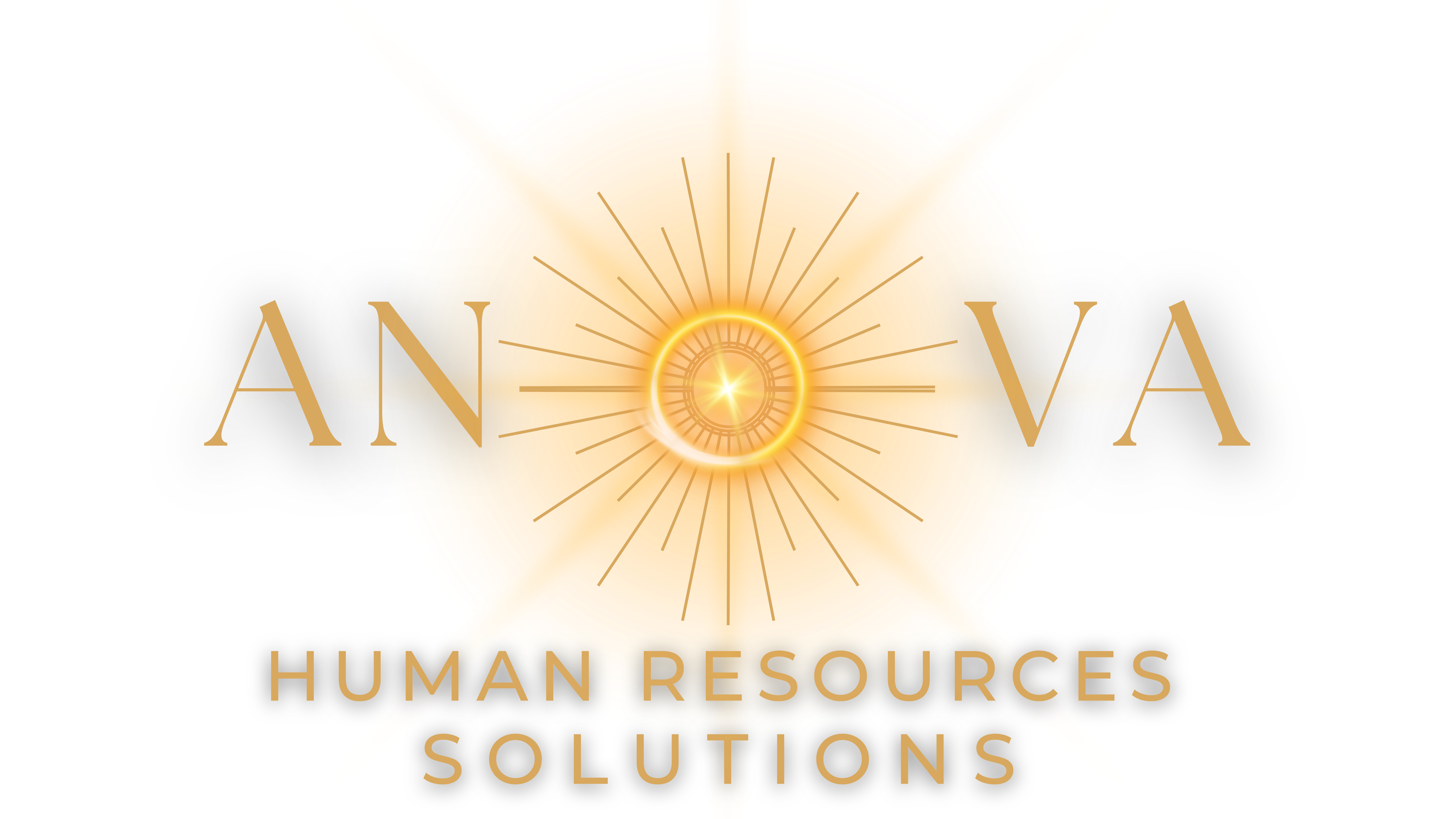External HR audits may seem like formidable tasks, but they offer invaluable insights into the effectiveness and compliance of your HR practices. Instead of viewing them as daunting challenges, your organization can approach them as opportunities for growth and improvement.
Here’s a fresh perspective on how to prepare for an external HR audit:
- Setting the Stage with Clarity
Start by setting clear objectives for the audit. Define what you aim to achieve, whether it’s identifying compliance gaps, assessing HR performance, or enhancing processes. Clear objectives provide a roadmap for your audit preparation efforts and help align everyone involved. Host collaborative sessions with key stakeholders to outline the audit’s scope and objectives. Transparency and alignment from the get-go set the stage for a productive audit journey.
- Polishing Your Policies to Perfection
Your HR policies are the backbone of your organization’s compliance efforts. Take this opportunity to review and refine them, ensuring they reflect the latest legal requirements and industry standards. Updated policies not only demonstrate compliance but also lay the groundwork for a resilient HR framework. Conduct a thorough policy review, involving HR experts and legal counsel. Look for opportunities to streamline processes, clarify language, and incorporate best practices into your policies.
- Documentation
Robust documentation is your organization’s best defense during an audit. Ensure your documentation is not only comprehensive but also easily accessible and up-to-date. Well-organized documentation not only simplifies the audit process but also instills confidence in your compliance efforts. Invest in a reliable document management system that centralizes HR records and ensures compliance with retention requirements. Regular audits of your documentation processes can help identify areas for improvement and maintain consistency.
- Internal Audits
Internal audits are like dress rehearsals for the main event. Use them to your advantage by proactively identifying and addressing compliance issues before they become audit findings. Internal audits empower your organization to fine-tune processes, strengthen controls, and foster a culture of continuous improvement. Designate a dedicated team to conduct internal audits, focusing on key HR processes and practices. Use findings from internal audits to inform strategic decisions and prioritize areas for improvement.
- Training Your Team
Equip your HR staff and managers with the knowledge and skills they need to navigate the audit process confidently. Investing in training not only enhances compliance but also cultivates a culture of accountability and professionalism within your organization. Offer tailored training sessions covering relevant compliance requirements, audit procedures, and best practices. Encourage ongoing professional development to keep your team abreast of regulatory changes and industry trends.
- Legal Eagles to the Rescue
Legal expertise can be a game-changer when preparing for an external audit. Engage with legal counsel specializing in employment law to ensure your HR practices align with legal requirements and mitigate potential risks. Collaborate with legal counsel to conduct a comprehensive review of HR policies and practices. Leverage their expertise to address any legal concerns and fine-tune your compliance strategy.
- Organizing Audit Documentation
Gather and organize audit documentation meticulously to streamline the audit process. A well-prepared documentation arsenal not only saves time but also showcases your organization’s commitment to transparency and compliance. Compile all necessary documentation, ensuring it’s categorized and readily accessible for auditors. Create a centralized repository for audit documentation to facilitate collaboration and ensure consistency.
Preparing for an external HR audit doesn’t have to be daunting—it can be a catalyst for positive change and growth within your organization. By setting clear objectives, refining HR policies, prioritizing documentation, conducting internal audits, investing in training, collaborating with legal experts, and organizing audit documentation, your organization can approach external audits with confidence and poise. Embrace the audit process as an opportunity to showcase your commitment to excellence and continuous improvement in HR management.

